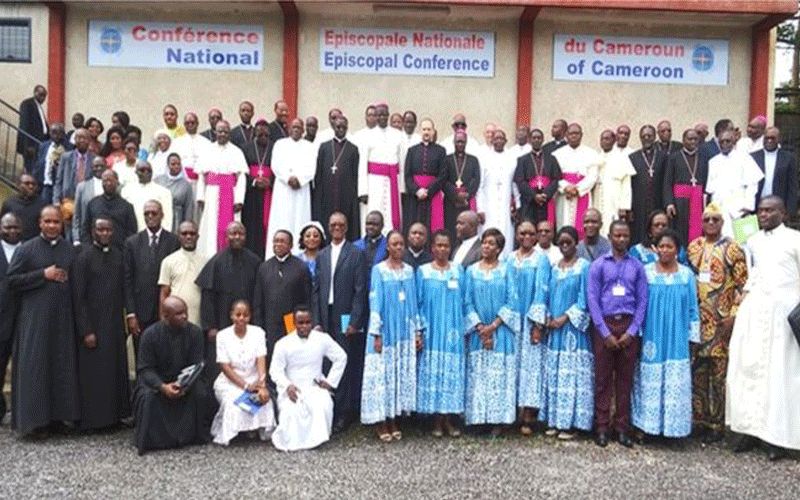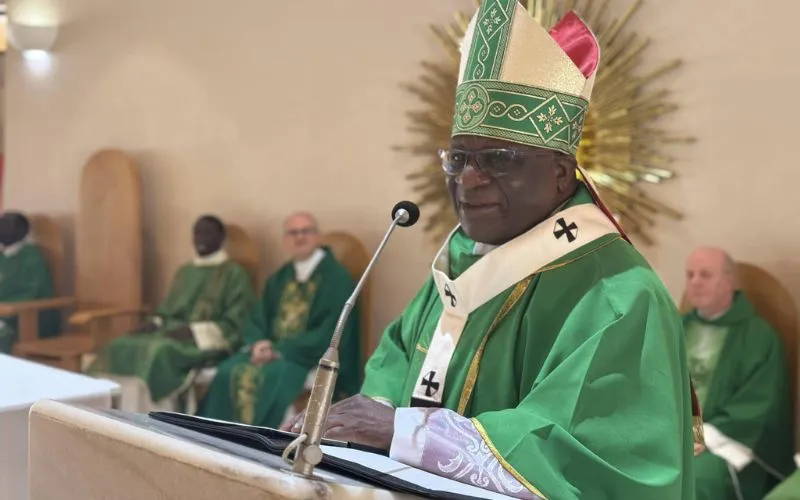Yaounde, 11 December, 2019 / 10:40 pm (ACI Africa).
The renewed ethnic rivalry in Cameroon pitting, on one hand the Bamilieke who control a great deal of the country’s economy and, on the other hand the Bulu-Beti axis who have controlled the political space for decades, has caught the attention of the Catholic leaders in the Central African nation with Bishops, through a collective message, decrying tribalism and calling for “an examination of conscience” over acts of discrimination on the basis of “tribe or region.”
“Each one is called to make an examination of conscience, ask him/herself the following questions: Am I not, in my thoughts, my words (in the family, work, in Church and in any other place), in my publications in social networks, in my interventions in the media and my daily behaviour, a promoter or an accomplice of tribal hatred in my country?” Bishops in Cameroon challenged citizens in a Tuesday, December 10 statement availed to ACI Africa.
In the three-page statement, the Church leaders have further probed in reference to the state of things in their country, “Do I accept collaboration and coexistence with those who have different thoughts and ideologies or are from divergent cultures? Do I pray and participate in the happiness and fulfillment of others, regardless of their tribal affiliation?”
The ethnically-diverse country has been experiencing tension based on ethnic differences since the October 7, 2018 presidential election that pitted candidates with support from the two ethnically-aligned political groups: the Francophone Bulu-Beti axis, which occupies the central and south regions of the country and the Anglophone Bamilieke, which is concentrated in the west.
Aligned to Bulu-Beti axis, the incumbent President Paul Biya won the election against his closest rival Maurice Kamto, who had the backing of the Bamilieke and who has since been incarcerated.








